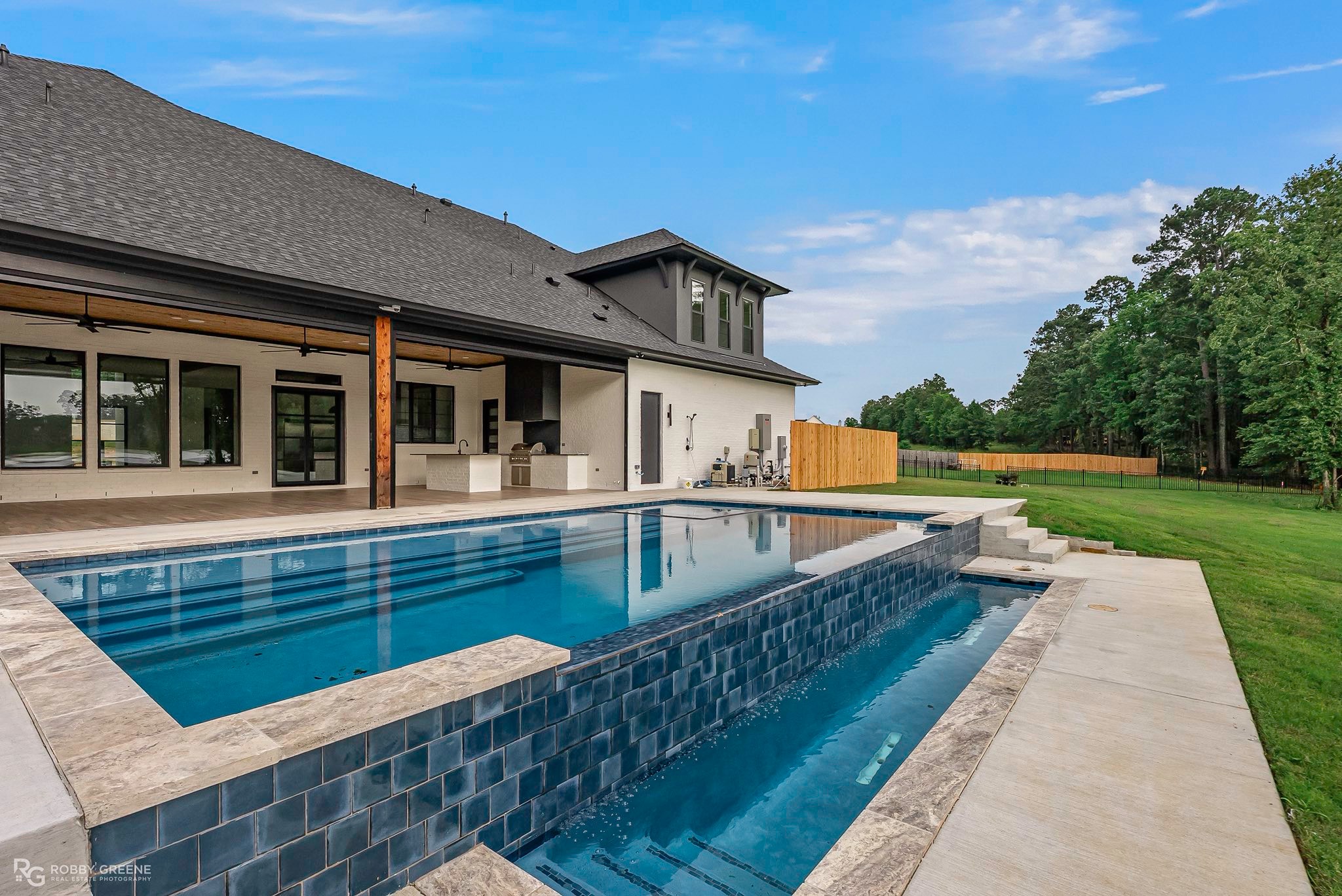
Sustainable Building Practices for a Greener Future Oct 19, 2025
Sustainability in home construction starts with the choice of location and land use. By selecting sites that minimize the disruption to natural ecosystems, builders can help protect existing plant and animal life. It's also crucial to consider the orientation of the building to take full advantage of natural light and ventilation, reducing energy costs and reliance on artificial heating and cooling.
The selection of materials is another foundational component of sustainable building. Opting for eco-friendly, recycled, or locally sourced materials can significantly reduce the environmental footprint of construction projects. At Daniel Michaels, Inc., we employ materials that not only stand the test of time but also ensure indoor air quality remains high. Products like bamboo, reclaimed wood, and recycled steel are some of the top choices that align with this sustainable vision.
Energy efficiency is at the heart of sustainable building. Integrating advanced insulation, high-performance windows, and energy-efficient appliances help cut down on energy consumption. Incorporating renewable energy sources, such as solar panels, further reduces reliance on fossil fuels. Homes built by Daniel Michaels, Inc. often feature these energy-saving technologies, resulting in lowered utility bills and a reduced carbon footprint.
Water conservation remains a critical aspect of sustainable living. Implementing water-saving fixtures and rainwater harvesting systems can make a substantial difference. These systems not only support a home's sustainability but also help reduce overall water consumption, a significant benefit in areas prone to drought or water shortages.
Another key element of sustainable building is indoor environmental quality. This includes using non-toxic paints, varnishes, and sealants to promote healthier indoor air. Good ventilation systems and strategic window placement can enhance natural light and airflow, contributing to healthier and more comfortable living spaces.
Smart technology plays a pivotal role in enhancing sustainability in homes. Smart thermostats, lighting systems, and appliances can optimize energy use by adjusting settings based on occupancy patterns. This technology ensures resources are used efficiently, resulting in both energy savings and increased convenience for homeowners.
Ultimately, sustainable building practices not only fulfill an ethical responsibility towards the planet but also offer long-term financial benefits. Energy-efficient homes demand less maintenance and have higher resale values. Homeowners can enjoy reduced utility costs and the satisfaction of contributing to a healthier planet.
Daniel Michaels, Inc. is committed to implementing these sustainable building practices and continuously innovating our processes to build homes that are not just structures, but sustainable, harmonious spaces for individuals and families. By concentrating on environmentally-friendly practices, we aim to lead the movement toward a construction industry that prioritizes sustainability for the well-being of current and future generations.
By embracing these sustainable building practices, we can collectively work toward creating a greener future. Whether you're planning to build a new home or improve your current one, incorporating these strategies can significantly impact the environment positively. At Daniel Michaels, Inc., we are passionate about guiding our clients through sustainable building decisions that reflect their values and dedication to a healthier planet.
/filters:no_upscale()/media/364c8f7e-6e0a-453c-9e8d-e6cb568dfa2d.jpeg)